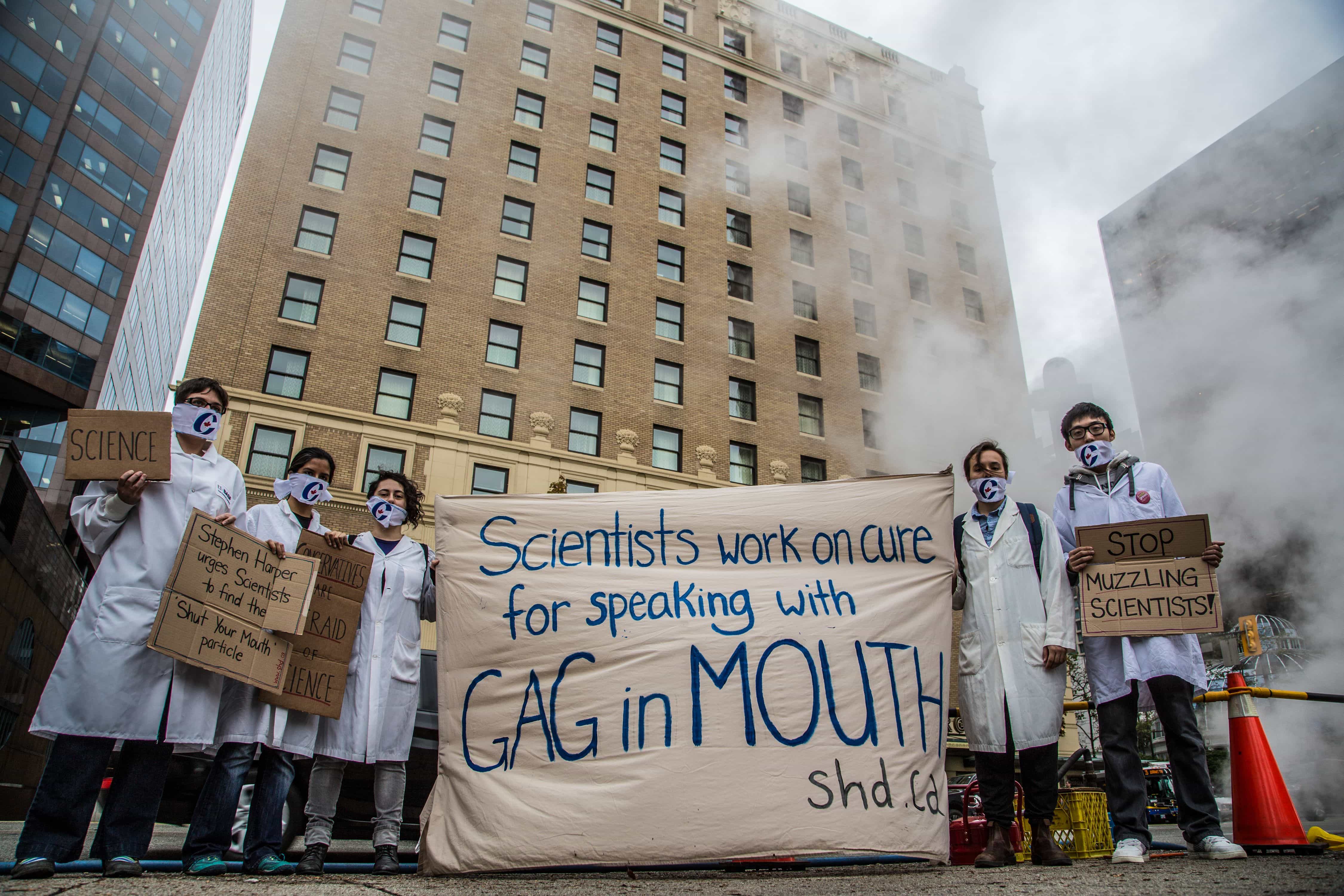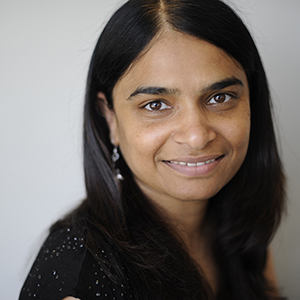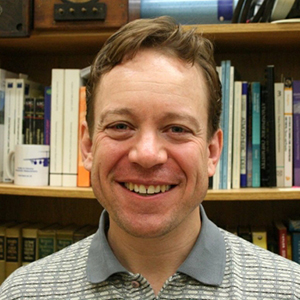Canadian Journalists for Free Expression hosted an interactive online chat about the challenges of talking about climate science in Canada.
CJFE held an online live chat on 6 November 2014. Read the highlights in Muzzled scientists: The challenges of reporting on climate change in Canada on the CJFE website.
Climate science defunded. Research libraries dismantled. Scientists laid off in droves. Canada was once a world leader in environmental research, but now top scientists are afraid to speak out, and government bureaucracy stands between climate reporters and information that used to be freely accessible. A chill has been created around climate in Canada.
Find out why our government is shutting the public out of environmental research, and what Canadians can do to thaw the chill around climate science. Join us for an interactive online chat with Toronto Star environment reporter Raveena Aulakh and leading atmospheric scientist Dr. Tom Duck.
This event was held as a part of the global campaign for the International Day to End Impunity. We want to know what can be done to hold the Canadian government accountable for its suppression of the conversation around environment in Canada.
About the Speakers
Raveena Aulakh @RaveenaAulakh
Raveena Aulakh has been with the Toronto Star since 2008. She became the paper’s environment reporter in 2013 and has focused on climate change and issues around it, especially its impact on the developing world. It is a conundrum: people in developing countries are least responsible for climate change but are the worst affected by it. Climate change refugees will be big news in the coming years, she predicts.
In the past year, she has also written on endangered wildlife like elephants and rhinos primarily in Africa as part of the beat.
Raveena went undercover last year. She worked in a sweatshop in Bangladesh and wrote a first-person account where her boss was a 9-year-old girl.
She has been nominated for a National Newspaper Award in 2011 and was part of the team that won an NNA this year for a series of stories titled The Clothes On Your Back.
Dr. Thomas Duck @tomjduck
Tom Duck earned his Ph.D. in Physics (1999) at York University, where he studied the dynamics of the Arctic stratosphere. After spending two-and-a-half years at MIT Haystack Observatory in Boston, Massachusetts, he joined the faculty at Dalhousie University where he is now an Associate Professor in the Department of Physics and Atmospheric Science.
While at Dalhousie he co-founded the Canadian Network for the Detection of Atmospheric Change (CANDAC) which operates the Polar Environment Atmospheric Research Laboratory (PEARL) in the High Arctic at Eureka (Nunavut). His research group built an advanced remote-controlled lidar (laser radar) system for PEARL that is used to study climate change processes and Arctic pollution.
He was an International Science Team Co-Investigator and lidar specialist on the Phoenix Mars Scout mission that detected water and snowfall on Mars in 2008. Over the past few years he has been an advocate for science and evidence-based policy making. His work on raising awareness about federal government cutbacks and the loss of scientific capacity at Environment Canada, and in particular the closure of its world-renowned ozone group, earned him the 2011 Neil J. Campbell medal from the Canadian Meteorological and Oceanographic Society.
Join the conversation: Ask questions and follow along with the event using #cjfelive, and join the campaign to end impunity using #EndImpunity.





